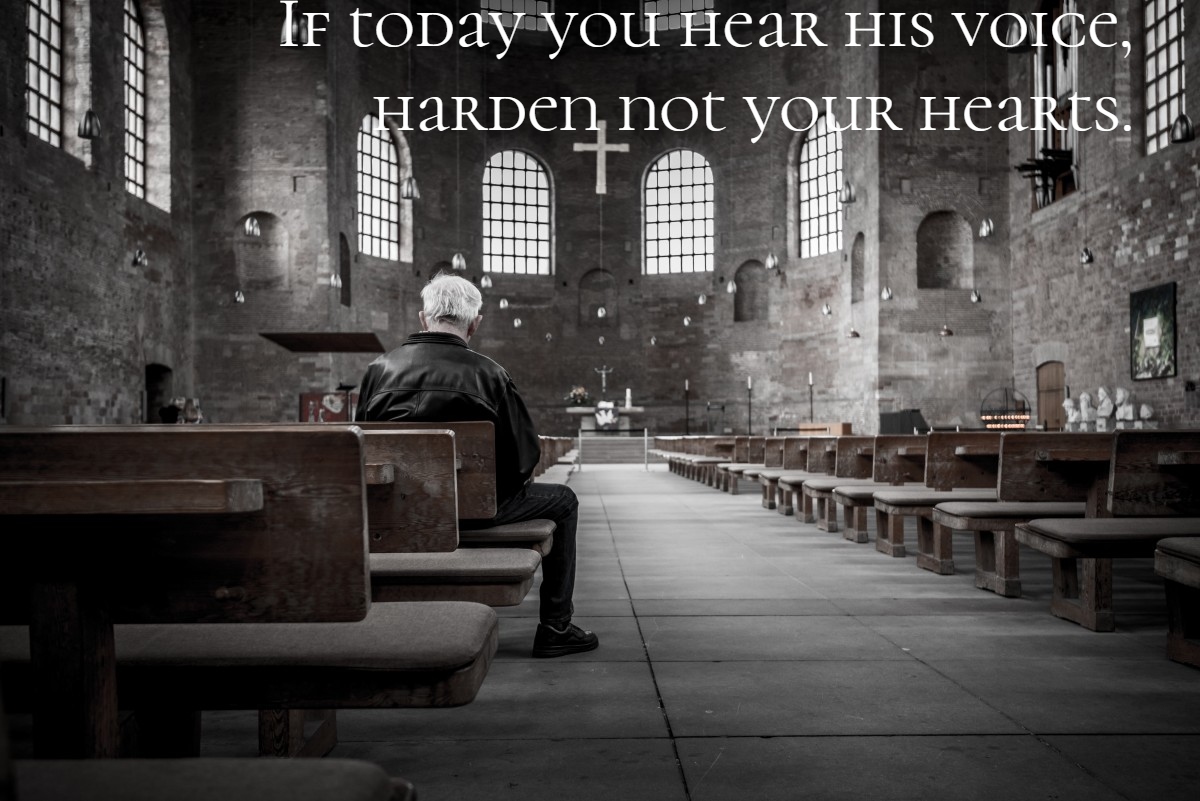Heaven knows there are a lot of experts out there, or at least people who claim to be experts. That’s why blogs and comments posted on news stories and Facebook are so popular: everyone claims to know something about everything. Or at least it sure seems that way. Certainly, it should give us pause when we think about the quality of information we get from these sources. We see that time and time again: Whether it’s sports news, political news, or even the weather, half the time what we hear is pure conjecture, and not something resembling the truth at all. Why we give so much of our time to hearing it should frighten us.
This being the case, it should give us all the more pause when people give us their religious knowledge. So often it starts with words like “I think…” or “In my opinion…” and perhaps ends with “I think that’s what’s right,” or “I think that’s what’s right for me,” or even, “that’s my truth.” As if our opinion on what’s right is the truth. But when it comes to faith and morals, it doesn’t matter what we think; our opinions are not truth, and the subjectivity of “what seems right for me” is completely useless. Faith and morals are about the Truth – Truth with a capital “T”, and there is just one source for that knowledge, and that is our Lord Jesus Christ.
For Moses, that relationship with the Truth was life-giving. He was close to the Lord. He had been up the mountain and seen the Lord face-to-face, which no one was thought to be able to do and live. So when he told the people what the Lord had said, they trusted him. In today’s first reading, Moses seems to know that that trust would dwindle after his death, and so he foretells that a prophet would come after him one day, a prophet like Moses himself, who would have the Truth in him. He was foreshadowing our Lord, of course.
So Jesus arrives in Capernaum, and you can almost feel the anticipation. I imagine they had heard about Jesus and the things he said and did, and were probably eager to see what might transpire when he arrived in their town. In the midst of teaching the people, he encounters a man with an unclean spirit. And this is what illustrates the conflict. The scribes were there. These were the religious leaders of the people. It was their job to write out and interpret the Scriptures and to be the resource of truth for their community.
But they didn’t. For whatever reason, they had long since abandoned their vocation and focused instead on adherence to the rules and making profit on God’s word. Thus, they were unable to cast out the spirit from the man, and in fact, they would more likely have cast the man himself out so that he wouldn’t be a disruption. But in order to see what would happen, they didn’t cast him out; they left him for Jesus to deal with.
And Jesus does deal with him. Only instead of casting the man out, he does what was more important and cast out the evil spirit. The man wasn’t the problem; the evil spirit was. That evil spirit was actually an icon, a photograph, of what was wrong with their religion: they tolerated the evil they could not control, and cared nothing for the people who needed their God. The people are then astonished that his teaching was able to cleanse them from the evil in their midst. This was a teaching with authority, and not the so-called teaching of their scribes.
I think this is what we have to catch. There’s lots of teaching out there, but precious little of it with authority. Broken political promises, self-help gurus on television and in books, blogs that claim to know where the world is headed – none of this has authority. There is only one authority that can cleanse us of the evil amidst us, only one source of Truth and that is our Lord Jesus Christ. We need to do much more listening to him than to the other noise that’s out there. We need to catch the Gospel and not the latest gossip, and then put what we hear into practice.
If we would listen to our Lord’s teaching, it would indeed help us deal to with poverty, crime, violence, drugs, lack of respect for life, racism, healing a world plagued by a pandemic, and all the many other demons that are out there seeking to ruin us. And so we have to tune in to the right message. We have to seek the Truth and turn off all the noise. Perhaps it’s time we made a retreat, or joined a Bible study or a book discussion or a prayer group, all of which we offer here at the parish all the time. Lent is coming up in two weeks. Now would be a good time to take advantage of our parish’s Lenten offerings to bring us closer to the One who is the Way, the Truth and the Life.
We have to give way more attention to our prayer lives and put God’s love and God’s will first. If all we’re hearing is the lies, we’ll never get rid of the demons in our midst. But if we would listen to the Truth, if we would harden not our hearts, we will indeed find ourselves healed, and then our land blessed, and all the world made right.










You must be logged in to post a comment.